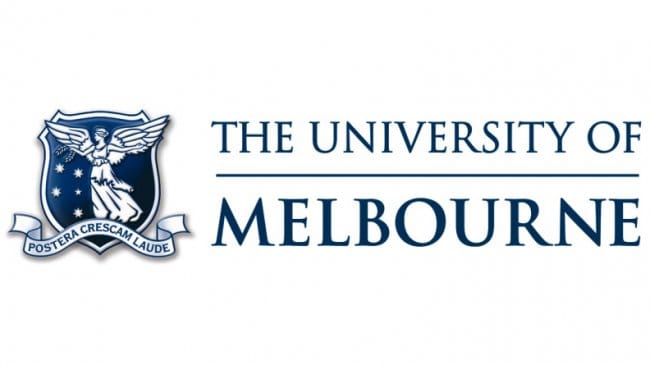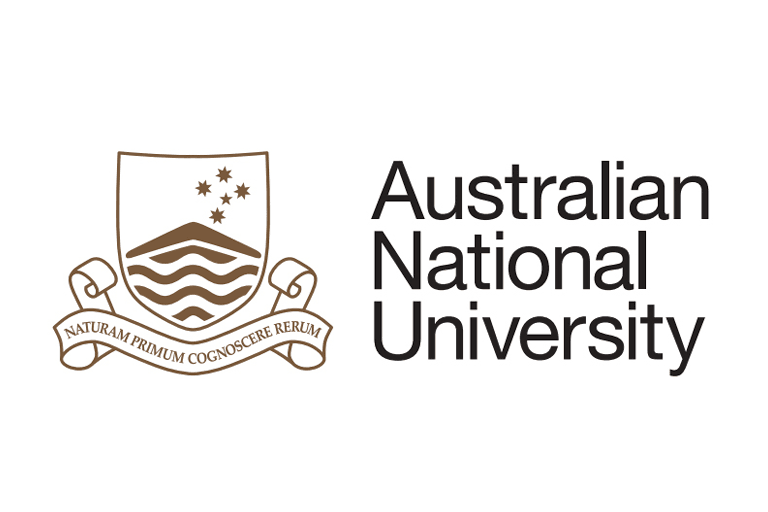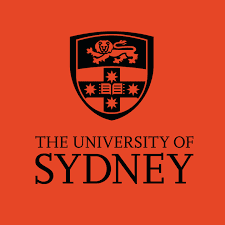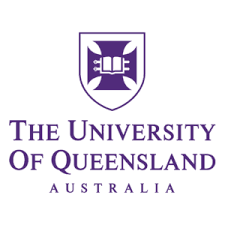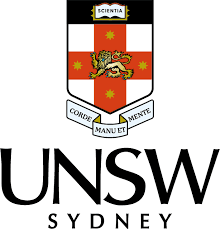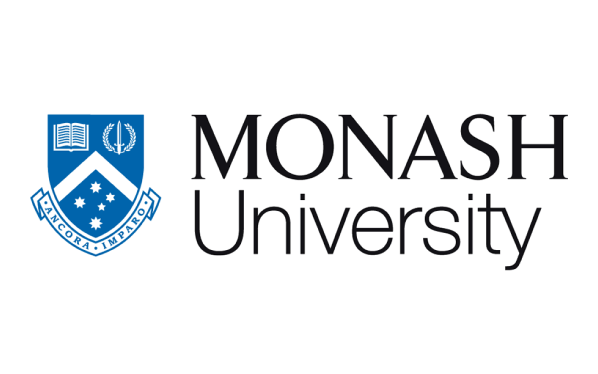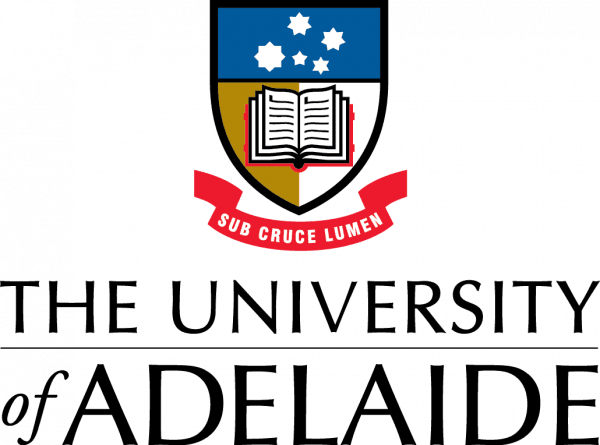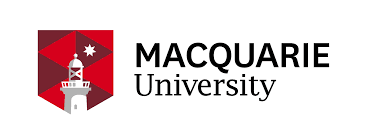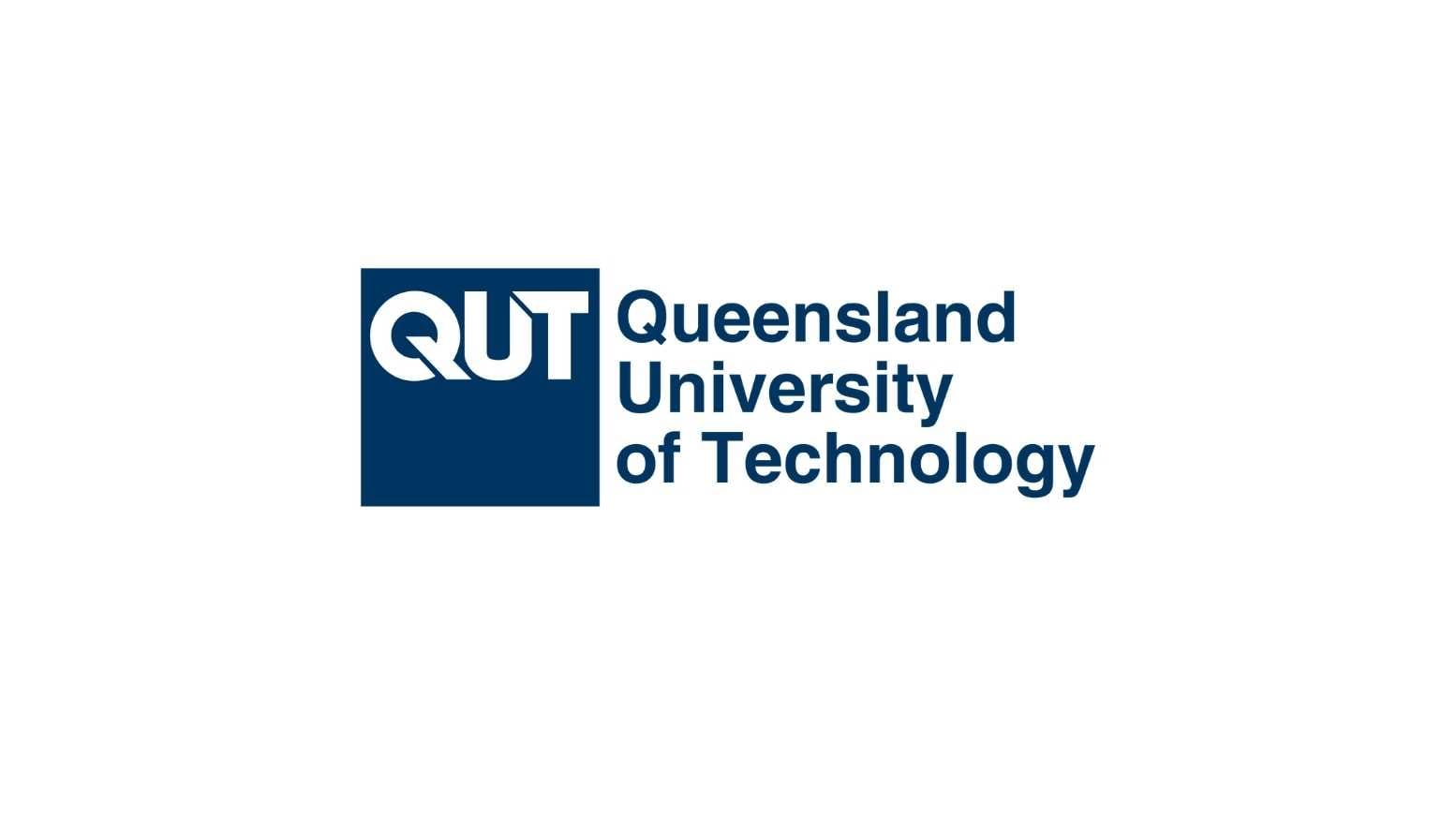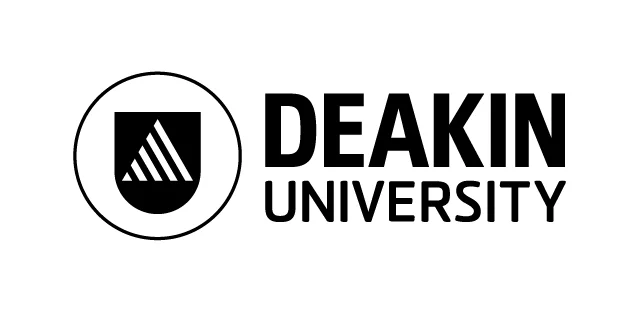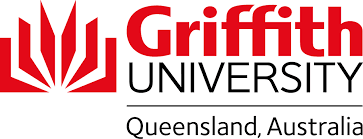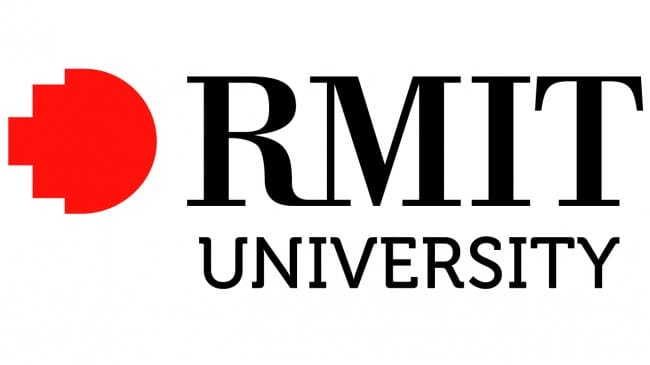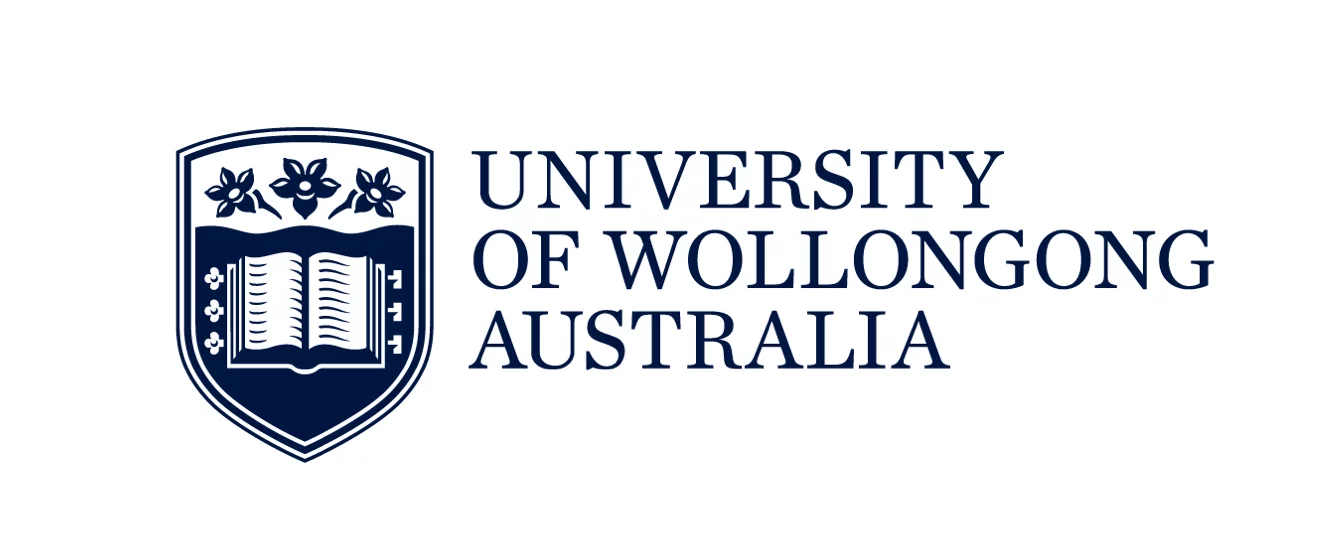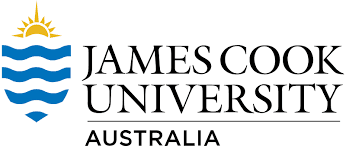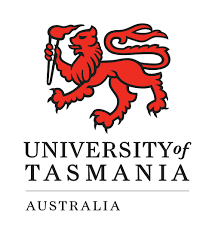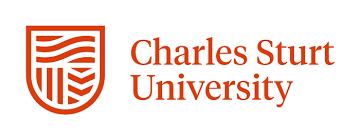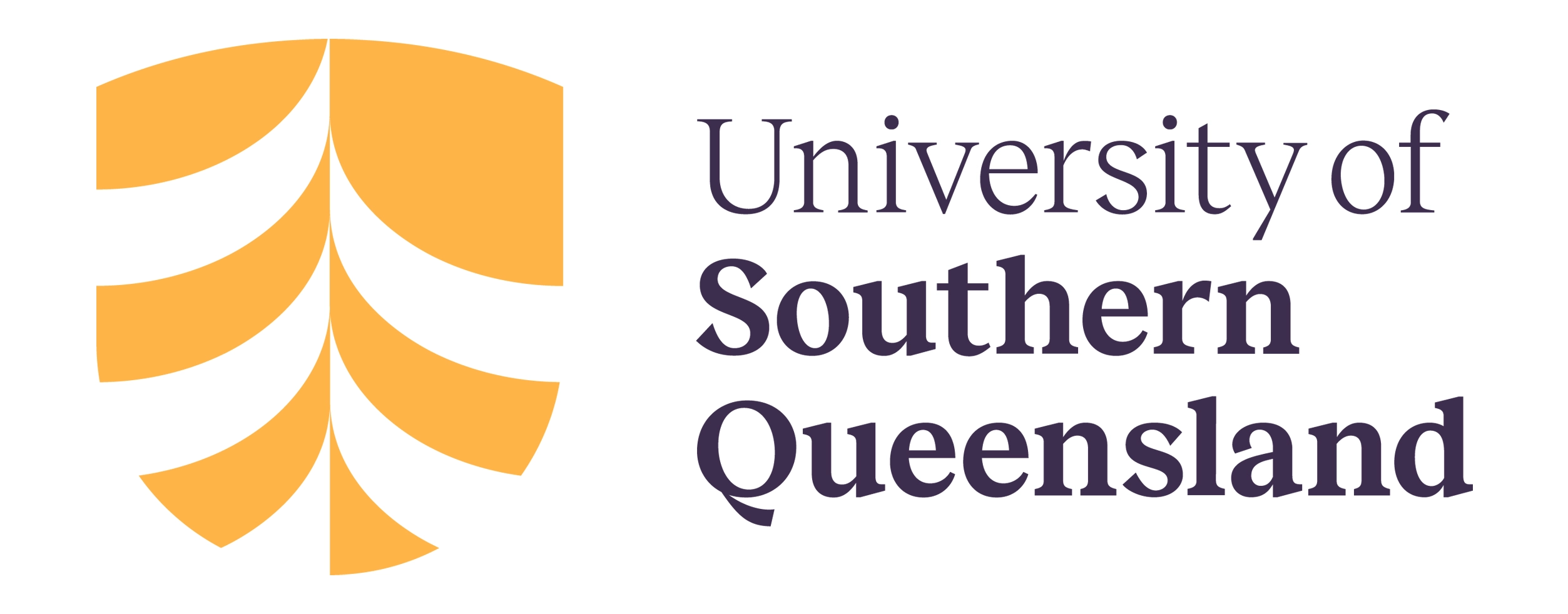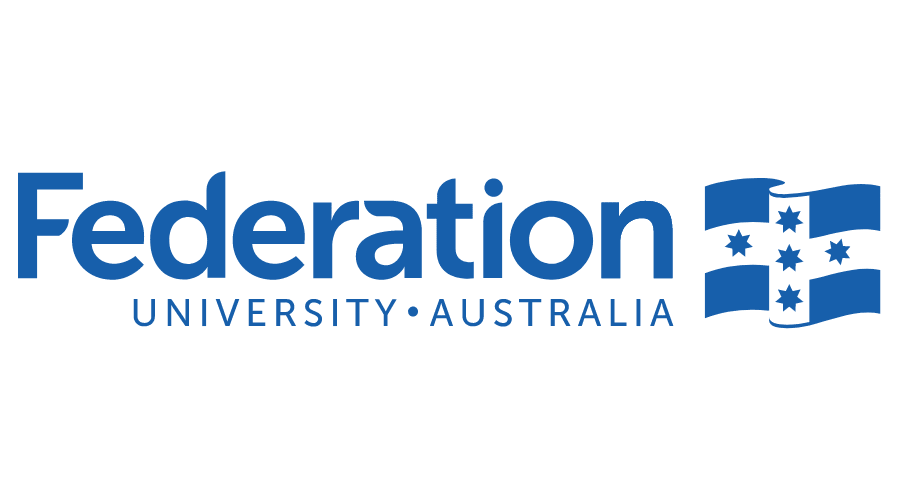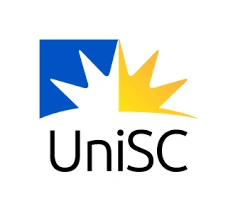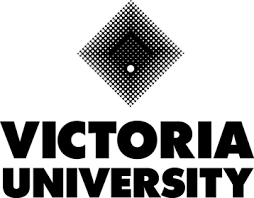Studying abroad is one of the best opportunities for students to develop the skills they need to succeed in their future careers.
If you’re searching for a strong education system and expert guidance from the best consultancy in Nepal for Australia, then Australia can be your top destination.
For many students around the world, earning a degree from a reputable Australian university is a dream come true.
Australia is a top destination for international students because of its:
Quality of Education
Australia has a high-quality education system, ranked among the best in the world.
Focus Areas
Australian Universities and Colleges strongly focus on innovation, research, and global engagement.
Community & Environment
Australia has multicultural campuses with students belonging to various cultural backgrounds and a welcoming environment.
Career Support
Australian Education System strongly emphasizes on employability and career-ready graduates.
Students who receive proper counselling from study abroad consultants can also discover a wide range of scholarship opportunities, making studying in Australia more accessible.
It’s no surprise that students aim to be part of these prestigious institutions.
A key advantage of studying at leading Australian universities is the availability of both merit-based and need-based scholarships for international students.
These financial aids help students reach their academic goals and remain competitive in the global job market.
If you need support during the application process, reach out to Goreto Education, the best consultancy in Nepal for Australia studies.
They offer affordable services and expert advice to help you apply successfully to Australian universities.
"Applying to the University of Melbourne felt so simple with Goreto’s guidance — they handled every detail and made the whole process stress-free. I’m grateful for their support in helping me start my study journey in Australia."
Sanjita Koirala
University of Melbourne
Why Australia’s Universities Attract Nepali Students
Australia is home to 43 universities and hundreds of colleges, making it one of the top destinations for international education. For students from Nepal, Australian universities stand out because:
Quality of Education
Degrees from Australian universities are globally recognized. The education system emphasizes practical learning, innovation, and research, equipping graduates with skills that employers value worldwide.
Affordability
Compared to the USA and UK, Australia offers relatively affordable tuition options, especially at public universities and vocational colleges. Living costs vary by city, but with proper planning, they can be managed effectively. See our Cost to Study in Australia page for more details.
Work and PR Pathways
International students can work up to 24 hours per week during study and full-time during breaks. After graduation, the Temporary Graduate Visa (subclass 485) allows students to stay and work in Australia, creating a strong pathway towards permanent residency.
Scholarship Opportunities
Australian universities and government programs offer scholarships and financial aid that significantly reduce study expenses. These opportunities make studying in Australia more accessible. Visit our Scholarships in Australia page to learn more.
Welcoming Community
Australia is known for its safe, multicultural environment and vibrant cities. Nepali communities, restaurants, and cultural groups are present in major hubs like Sydney, Melbourne, Brisbane, and Perth, making it easier for students to feel at home.
Best Universities to Consider in Australia
Australia is widely recognized for having some of the best universities in the world.
With a strong network of public and private institutions across the country, the Australian higher education system offers a broad range of academic options.
Degrees from Australian universities are highly respected worldwide, and the quality of education offered is considered among the best compared to other countries.
Australian universities provide a wide selection of undergraduate, postgraduate, and professional programs.
Areas of study include arts and humanities, social sciences, business, law, engineering, computer science, and medicine.
These top-ranked institutions also offer unique and innovative degree programs.
Alongside academic excellence, many universities in Australia offer scholarships to Nepalese and other international students.
These opportunities not only enhance academic learning but also help students develop practical skills for the global workforce.

Australia’s top universities, including those with strong medical, engineering, and law faculties, are renowned globally for their academic achievements and research excellence.
They consistently rank among the best for international education and research impact.
Once you decide to study in Australia, choosing the right university becomes your next crucial step.
With so many outstanding institutions available, narrowing down your options can be challenging.
That’s why Australia continues to be a leading destination for pursuing a Bachelor’s, Master’s, or PhD degree at some of the world’s most prestigious universities.
Top Universities in Australia for International Students
The top universities in Australia for international students offer world-class programs and exceptional study experiences.
While some institutions have competitive admission processes, they provide globally recognized degrees and a welcoming environment for students from around the world.
The University of Melbourne is consistently ranked as the highest university in Australia and among the top in the world.
Located in Victoria’s cultural capital, it was founded in 1853 and is known for its academic excellence, strong research output, and a wide range of programs across disciplines like law, medicine, business, and the arts.
Located in Canberra, ANU is one of Australia’s most prestigious institutions, renowned for its focus on research and global engagement.
Founded in 1946, it consistently ranks among the top universities globally, with strengths in politics, international relations, science, and the humanities.
Established in 1850, the University of Sydney is Australia’s oldest university.
Located in Sydney, New South Wales, it offers a diverse range of undergraduate and postgraduate programs and is well-regarded for its research, vibrant campus life, and excellence in health, law, business, and engineering.
UQ, based in Brisbane and founded in 1909, is known for its research-intensive approach and strong academic reputation.
It excels in science, medicine, engineering, and business, and is part of the prestigious Group of Eight (Go8) Australian universities.
UNSW is a top-ranking university located in Sydney and is widely recognized for its innovation and leadership in teaching and research.
Founded in 1949, UNSW offers outstanding programs in engineering, business, law, and computer science.
Based in Melbourne and established in 1958, Monash is one of Australia’s largest and most international universities.
It has campuses across the globe and is renowned for its contributions to medical research, engineering, and education.
Monash is a popular choice for students seeking a global experience.
Located in Perth and founded in 1911, UWA is known for its picturesque campus and high-quality education.
It offers excellent programs in science, engineering, business, and law, and is well-regarded for its research initiatives.
Established in 1874, the University of Adelaide is a prestigious member of the Group of Eight and is known for its high-impact research and academic excellence.
It offers strong programs in engineering, health sciences, law, and the humanities.
UTS is a modern university located in central Sydney, known for its industry-connected education and practical learning.
It offers programs in business, design, engineering, and IT, with strong links to global companies and organizations.
Located in Sydney and founded in 1964, Macquarie is recognized for its innovation and excellence in business, health, and sciences.
It has a strong international outlook and is highly regarded for employability-focused programs.
QUT, based in Brisbane, is known as “the university for the real world” due to its strong focus on practical learning and industry engagement.
It is especially recognized for its programs in creative industries, engineering, and business.
With campuses across Victoria, Deakin University is known for its modern facilities, online learning platforms, and strong support for international students.
It excels in health, education, and environmental science programs.
Griffith, located in Queensland, is recognized for its commitment to innovation, social justice, and sustainability.
It offers a broad range of programs, including hospitality, law, business, and environmental science.
RMIT, located in Melbourne, is one of Australia’s top universities for design, technology, and engineering.
With strong industry partnerships, it offers hands-on learning and global study opportunities.
UOW is a globally ranked institution located south of Sydney.
It’s known for its teaching excellence and research output, especially in fields such as computer science, engineering, and health.
Based in Perth, Curtin is known for its global connections and innovation-driven approach to education.
It offers excellent programs in business, engineering, and media studies.
With a strong presence in Melbourne and regional Victoria, La Trobe is recognized for its research in health sciences, education, and social work.
It offers a supportive environment for international students.
Located in Adelaide, Flinders is known for its strengths in health and medical research.
It also offers flexible programs in business, technology, and the humanities.
JCU is based in Queensland and is one of Australia’s leading universities for marine biology, environmental science, and tropical health.
It’s especially appealing for students interested in sustainability and ecological research.
UTAS, located in Hobart and Launceston, is known for its natural environment and unique programs in marine and Antarctic science, agriculture, and forestry.
Factors to Consider While Choosing Top Universities in Australia
- Language of Instruction –Most Australian universities use English as the main language of instruction, but make sure you’re comfortable studying in English and meeting any language proficiency requirements.
- Type of Institution – Are you considering a university, TAFE (Technical and Further Education) institute, or a private college? Choose the type that aligns with your academic and career goals.
- Degree Level – Are you planning to pursue a diploma, bachelor’s, master’s, or doctoral degree? Each level offers different pathways and outcomes.
- Location – Think about whether you’d prefer to live in a major city like Sydney, Melbourne, or Brisbane, or in a quieter regional area. Climate, lifestyle, and cost of living vary greatly across regions.
- Size of Institution –Decide if you’d thrive in a large university with diverse programs and vibrant student life or a smaller institution that offers a more close-knit community and individual support.
- University Reputation – Look into the academic reputation of each university, including global rankings and graduate employability rates.
- Facilities and Resources – Check the availability and quality of libraries, research centers, laboratories, and on-campus technologies.
- Work Experience Opportunities – Does the university offer internships, work placements, or industry partnerships through programs like Work Integrated Learning (WIL)?
- Fees and Financial Aid – Tuition and living costs in Australia can vary. Explore scholarships, bursaries, and financial aid available for international students.
- Faculty and Research – Research the faculty in your field of interest. Are there distinguished lecturers, researchers, or mentors you’d like to learn from?
- Special Needs Accommodations – Ensure the university provides adequate support for students with physical, mental health, or learning challenges.
- Extracurricular Activities – Look into clubs, sports teams, volunteer programs, and student organizations that align with your interests and help you build a social network.
Every student has unique goals and preferences, so feel free to tailor this list based on what matters most to you in your academic and personal journey.
Why Choose Top Universities in Australia
Australia is one of the most popular study destinations in the world.
It is known for being highly welcoming to international students and offers numerous opportunities for academic and personal development.
- Australian universities consistently rank among the top globally.
- Their programs emphasize practical learning, research, and innovation, which is why degrees from Australian institutions are highly respected and widely recognized across the world.
- Often regarded as a land of opportunity for students, Australia is a top choice for those looking to study abroad.
- It is home to world-renowned universities and provides excellent support services for international students.
- Many Australian institutions also offer scholarships specifically for students from developing countries such as Nepal.
- In addition to academic quality, international graduates often find good job prospects in Australia through post-study work options.
 Once you’ve selected your preferred universities, the next step is to begin the application process.
Once you’ve selected your preferred universities, the next step is to begin the application process.
Each Australian institution has its own set of admission requirements, so it’s important to review the specific criteria for each.
If you’re from a non-English-speaking background, you will typically need to prove your English proficiency through exams such as IELTS, TOEFL, or PTE Academic.
Australia does not have a single official university ranking system, but international rankings such as QS World University Rankings, Times Higher Education, and ARWU are commonly referenced.
However, participation in these rankings is voluntary, so while they can be a helpful starting point, they don’t always give the full picture.
To gain deeper insight into a university’s reputation and quality, it can be valuable to speak with professors, alumni, or industry professionals.
Their experiences can help you determine which universities align best with your academic ambitions and career plans.
"Choosing to study in Australia was the best decision I’ve made — the welcoming environment, strong student support, and vibrant campus life make every moment worthwhile.
Rohan Shrestha
University of Southern Queensland
Affordable & Student-Friendly Universities in Australia
Not every student needs to aim for the most expensive or highly competitive institutions.
Australia also offers excellent universities that combine quality education with reasonable tuition fees, making them attractive for Nepali and other international students.
These schools are often located in welcoming cities and regions that provide strong community support.
Known for practical programs and affordable tuition, Charles Sturt provides a supportive environment across its regional campuses. It’s a great option for students seeking quality education, smaller communities, and lower living costs.
UniSQ is recognized for low tuition fees and flexible study options, including online learning. Located in Toowoomba, it offers a friendly atmosphere and is ideal for budget-conscious students looking for both academic quality and affordability.
Federation University attracts many international students for its affordable tuition and focus on employability. With campuses in regional Victoria, students enjoy a comfortable lifestyle, smaller class sizes, and access to part-time work opportunities.
SCU is known for its approachable teaching staff, affordable programs, and locations in coastal New South Wales and Queensland. It combines strong academic support with an appealing lifestyle for international students.
Offering competitive fees and modern facilities, UniSC is popular among international students for business, IT, and health programs. Its Sunshine Coast location provides both a supportive community and affordable living compared to larger cities.
Victoria University in Melbourne is known for accessible tuition fees and flexible learning pathways. It provides a diverse range of programs and strong student support services, making it a practical choice for international learners.
Can you get scholarships to study in Australian universities?
For most Nepali families, the first question is not which university to choose, but how to afford it.
When you hear that tuition fees at top Australian universities can range from AUD 30,000 to AUD 60,000 per year (around NPR 25–50 lakhs), it may sound out of reach.
But here’s what many don’t realize: Australian universities and the government offer generous scholarships and financial support for international students.
Top universities such as the University of Melbourne, Australian National University (ANU), University of Sydney, and University of Queensland provide merit-based and need-based scholarships that can significantly reduce costs.
The Australian Government also runs programs like the Australia Awards Scholarships, which cover full tuition fees, living expenses, and even travel costs for eligible students from Nepal and other developing countries.
In addition, many universities offer:
Research scholarships
Especially at the Postgraduate level
Partial tuition fee waivers
Reduces a portion of the fee needed to be paid, reducing the financial burden.
On-campus work opportunities
International students can legally work up to 48 hours per fortnight during study periods and unlimited hours during breaks.
This is why Nepali students should not rule out top Australian universities just by looking at the fees.
For some, studying at a prestigious university in Sydney or Melbourne with financial aid can actually cost less than going to a smaller private college with no scholarships.
If you want full details about available scholarships, eligibility, and application deadlines, check our Scholarships in Australia guide.
How much does it really cost to study in Australia?
The total cost of studying in Australia depends on both tuition fees and living expenses.
Public universities generally charge AUD 30,000–45,000 per year (around NPR 25–38 lakhs) for undergraduate programs.
Private or specialized institutions can charge AUD 45,000–60,000 per year (NPR 38–50 lakhs).
Postgraduate courses, especially in medicine, law, or MBA programs, may be higher.
In major cities like Sydney or Melbourne, students typically spend AUD 1,800–2,500 per month (NPR 1.5–2.1 lakhs), including accommodation, food, transport, and personal expenses.
In smaller university towns like Adelaide, Brisbane, or Hobart, living costs can be 20–30% lower.
Overseas Student Health Cover (OSHC) is mandatory and costs about AUD 600–700 per year (NPR 50–60,000).
Textbooks, study materials, student services fees, visa fees, and travel can add up to AUD 3,000–5,000 per year (NPR 2.5–4 lakhs).
Overall, Nepali students should budget carefully, but with scholarships, part-time work opportunities, and cost-effective living options, studying in Australia can be more affordable than it initially seems.
For a detailed breakdown of tuition, accommodation, and everyday expenses, check our Cost to Study in Australia from Nepal guide.
Planning to Study in Australia from Nepal in 2025?
Get a quick snapshot of how Nepali students manage costs, work, and post-study opportunities—so you can plan with clarity, not confusion.
48 hrs/fortnight
International students on a student visa are legally allowed to work up to 48 hours per fortnight during study periods, and unlimited hours during semester breaks.
AUD 20–28/hr
Typical pay range for part-time jobs—enough to cover small monthly expenses or contribute to living costs.
AUD 10,000–25,000 (avg)
Average yearly scholarships or financial support awarded to international students at Australian universities, depending on merit and field of study.
2–4 years
Post-study work opportunities under the Temporary Graduate Visa (Subclass 485) allow graduates to work in Australia after finishing their degree. The duration depends on your qualification.
How to Apply for Top Universities in Australia?
International applicants can choose from a wide range of undergraduate, postgraduate, and short-term programs to study in Australia.
To secure admission to top Australian universities, it is crucial to prepare and submit your complete application package on time.
Unlike some countries, Australia does not have a single centralized application portal for all universities.
Most students apply directly through the university’s official website, and the application process may vary between institutions.
 Selecting the right university and program can feel overwhelming, but you can make it much easier by consulting with the best consultancy in Nepal for Australia – Goreto Education.
Selecting the right university and program can feel overwhelming, but you can make it much easier by consulting with the best consultancy in Nepal for Australia – Goreto Education.
They offer expert guidance and support throughout the entire application process.
Here’s a general overview of how to apply to universities in Australia:
- Choose your university and program based on your academic interests and career goals. Whether you’re pursuing a Bachelor’s, Master’s, or PhD program, Australian universities offer a wide variety of courses, typically taught in English.
- Visit the university’s official website to review specific application procedures. Most universities in Australia allow online applications through their websites or through platforms like StudyLink or UAC (Universities Admissions Centre) for certain institutions.
- Meet the English language proficiency requirements by taking exams such as IELTS, TOEFL, or PTE Academic. Most Australian universities have minimum score criteria for each test.
- Gather required documents, including academic transcripts, letters of recommendation, a Statement of Purpose (SOP), CV/resume, and your English proficiency test scores. Some programs may also require a portfolio or work experience.
- Submit your application online, ensuring all documents are uploaded correctly and the application fee (if applicable) is paid.
- After submission, you will receive communication from the university, typically via email, regarding your application status. Processing times may vary between institutions.
- Explore scholarships and financial aid options offered by the university or external organizations. Many Australian universities offer merit-based or need-based scholarships to international students, including those from Nepal.
- It’s advisable to apply to multiple universities to increase your chances of admission.
- Once accepted, you’ll need to apply for an Australian student visa (Subclass 500). This requires your Confirmation of Enrolment (CoE), proof of financial capacity, English proficiency, health insurance (OSHC), and possibly a health and character assessment.
With the right preparation and guidance, applying to top Australian universities can be a smooth and rewarding experience.
Goreto Education can support you in every step, from university selection to visa application.
Prakash Regmi
Sr. Student AdvisorThe educations quality in Canada meets all the standards expected by employers in all fields of work. The Canadian education system is also recognized by employers globally for having really high standards. and producing graduates that are ready to face real world challenges.
Frequently Asked Questions regarding Australian Universities
Australian universities are globally ranked, research-driven, and provide degrees that are recognized worldwide.
Tuition fees usually range from AUD 20,000 to 45,000 per year, depending on the course and university.
Yes, many universities offer merit-based, need-based, and international student scholarships, including for Nepali students.
Requirements include academic transcripts, English proficiency (IELTS, TOEFL, PTE), and in some cases, work experience or portfolios.
Yes, students can work up to 48 hours per fortnight during semesters and unlimited hours during holidays.
Business, IT, Engineering, Health Sciences, and Social Sciences are among the most popular programs.
Consider its rankings, program offerings, location, tuition fees, and industry connections before deciding.
Yes, graduates can apply for a Temporary Graduate Visa (subclass 485) to work in Australia after their studies.
Bachelor’s degrees usually take 3–4 years, while master’s programs take 1–2 years.
You can apply online through the university website or use an education consultancy like Goreto Education for easier processing.



